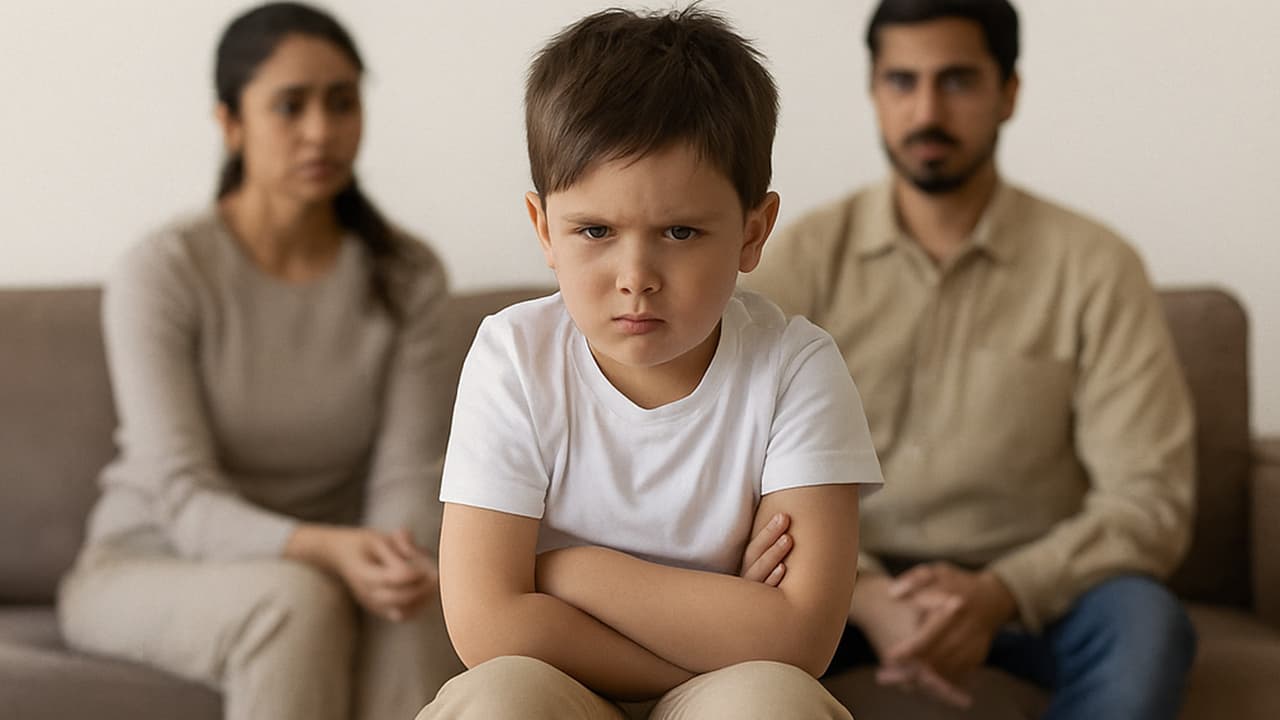Co-parenting after separation can be challenging, but it doesn’t have to be damaging for your child. This guide shares 7 thoughtful strategies to help both parents work together peacefully while prioritizing the child’s emotional well-being.
Breakup or divorce can be stressful for parents—but it's usually even more disorienting and upsetting for kids. The secret to reducing the emotional strain is healthy, respectful co-parenting. If done with compassion, structure, and communication, co-parenting can give a child a secure, nurturing environment despite the separation.

7 strategies to healthy co parenting after separation:
These are 7 successful strategies that will help you co-parent without disturbing the emotional balance of your child.
1. Put the Child's Needs Before Personal Differences
Your child's emotional and mental health should always be your priority. No matter if there are tensions between you and your ex, never show anger, blame, or criticism in front of your child. Keep adult things between you and your ex-partner and save your child from unwanted emotional stress.
2. Establish a Consistent Routine in Both Homes
Kids live on routine. Agree on standard routines—bedtimes, study time, meals, screen time—in both homes. This facilitates an easier adjustment for the child and makes them not feel as though they're living in two worlds.
3. Open and Respectful Communication Between Parents
Effective co-parenting calls for open, respectful communication. Talk about your child's progress, conduct, health, and education with the other parent frequently. Send texts, emails, or use co-parenting software if direct conversation is challenging, but do not use the child as a messenger.
4. Never Speak Negatively About the Other Parent
Badmouthing your ex to your child can lead to confusion, conflicting loyalties, and emotional pain. Children consider themselves a combination of both parents—if you disparage one, they can absorb that negativity. Always communicate with respect or remain neutral.
5. Back Up Quality Time With the Other Parent
Promote your child's relationship with the other parent. Don't guilt them into not having a good time there. Healthy co-parenting is all about respecting the child's need to love both parents without pressure or interference.
6. Resolve Conflicts Away from the Child
Disputes will occur—but never argue or negotiate in the presence of your child. Address conflicts when the child is not present or through professional mediation if necessary. Kids should be able to feel secure, not in the middle of adult conflicts.
7. Seek Professional Help If Needed
Family counselors or therapists may be able to offer advice for easier transitions and emotional adjustment. If either the child or one or both parents are having difficulty adjusting to the new scenario, early help can avoid long-term emotional influence.
Co-parenting after break-up isn't simple—but with respect for one another, honest communication, and parentally-oriented decisions, it's entirely possible to parent a healthy, emotionally sound child. Your marriage is over, perhaps, but your parent commitment is not—and that promise can be your greatest gift to your child.


